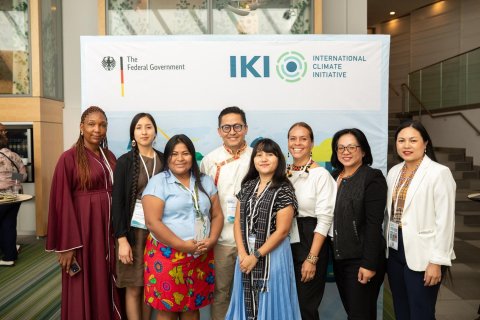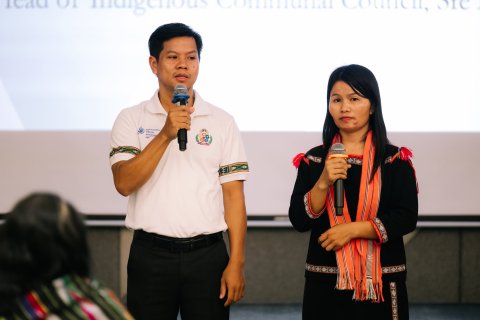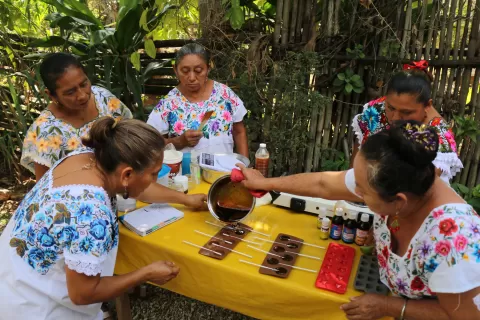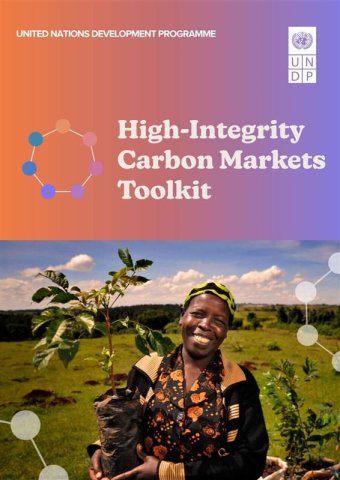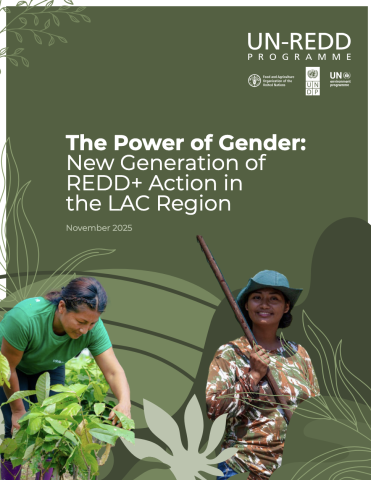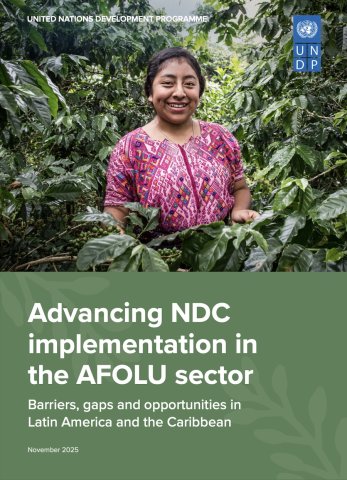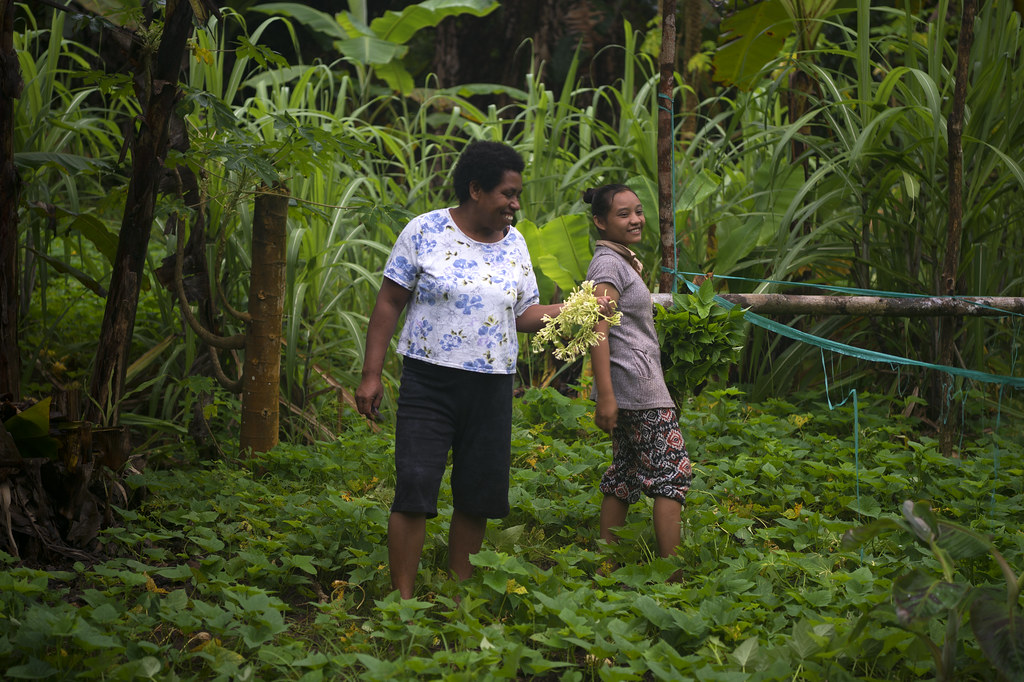
Forest solutions to the climate emergency have notable social and human-rights dimensions. They also entail social and environmental risks, especially if poorly designed, implemented, or financed. UNDP Climate & Forests systematically promotes social equity and environmental integrity to ensure forest solutions to climate change contribute meaningfully to delivering on the NDCs and advancing the SDGs, notably through:
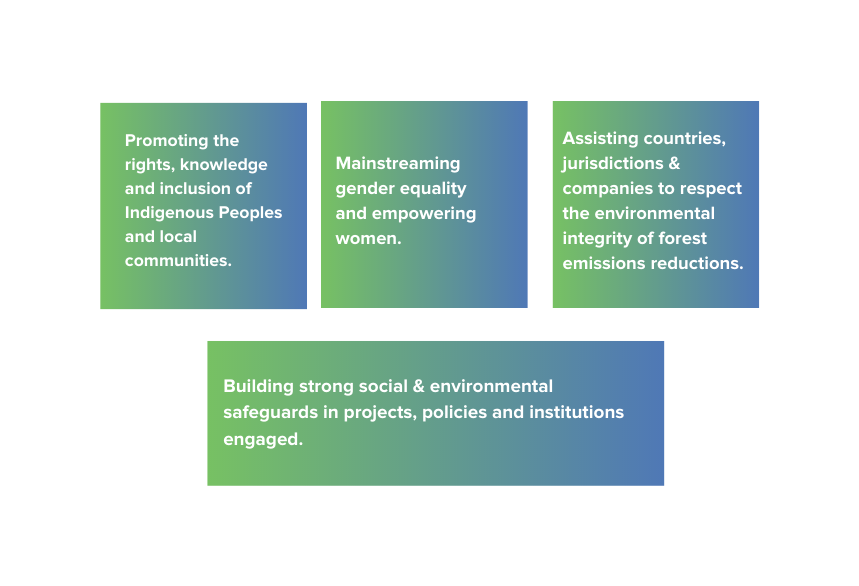
Indigenous Peoples and local communities
Indigenous Peoples and local communities are strategic partners in the design and delivery of forest solutions to the climate crisis, including through national policy and climate pledges political decision-making, and financial flows and arrangements. A socially inclusive approach to climate action and finance is required to harness the roles of indigenous peoples and local communities in forest solutions, as well as to underpin their political and territorial rights. In the forest sector, Indigenous Peoples and local communities are key knowledge holders and vibrant custodians of Nature, as well as agents of change.
Promoting social inclusion in forest solutions relies on a wide range of actions and approaches, covering both policy and financing. It requires capacity building of stakeholders – from governments to the grassroots – and continued dialogue and trust. By fully engaging Indigenous Peoples and local communities, while promoting their rights, UNDP Climate & Forests serves climate action as well as social equity.
Gender equality and empowering women
Forest stakeholders’ specific roles, rights, responsibilities, and particular use patterns and knowledge of forests, across all genders, shape their experiences differently. UNDP Climate & Forests recognizes that gender-differentiated needs, uses, and knowledge of the forests represent critical contributions to policy and programmatic interventions that enable the long-term success of forest conservation actions on the ground.
UNDP aims to ensure all women, men and non-binary and gender-expansive people, including youth, Indigenous People, elderly, persons with disabilities are equitably and meaningfully involved in forest-sector climate finance, decision-making, implementation and monitoring processes. To be sustainable and effective, UNDP strives to ensure that climate-forest solutions are gender-responsive, wherein all those involved are equitably and actively engaged in and benefit from such efforts.
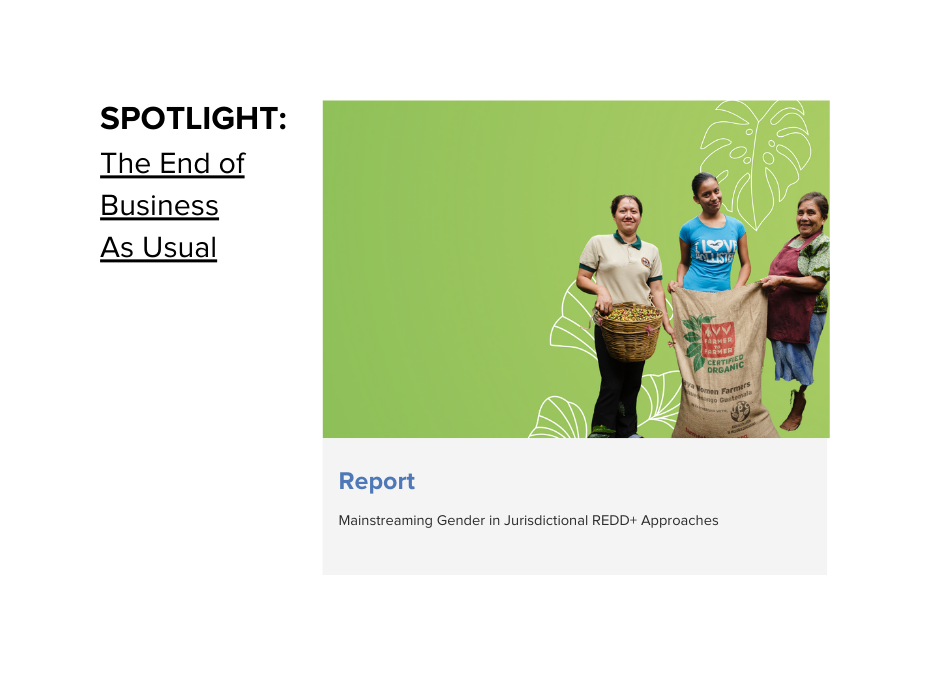
Environmental integrity
Governments and businesses around the world are increasingly interested in investing in tropical forests, to contribute to climate solutions, particularly through performance-based financing plans and carbon markets. The environmental integrity of such financing is paramount to ensure the effectiveness of forest solutions and their legitimacy.
UNDP Climate & Forests helps countries and other jurisdictions enUNDP Climate & Forests helps countries and other jurisdictions engaged in forest solutions to monitor, account, and transact forest emissions reductions through transparent systems. We promote global dialogues and commitments to ensure high standards for forest solutions internationally – including in the emerging carbon markets under Article 6 of the Paris Agreement – making sure accurate carbon accounting corresponds with transparent net-zero pathways.
Social & Environmental Safeguards
To maximize the benefits and reduce the risks associated with forest-sector climate action, UNDP Climate & Forests helps countries to institutionalize and implement robust social & environmental safeguards.
To assist countries and stakeholders, UNDP’s Social & Environmental Standards (SES) are applied –in alignment with UNFCCC safeguards policies and other international standards. Steps to address and respect safeguards often involve strengthening policies, laws and regulations to address environmental and social benefits and risks – this includes, for example, processes for obtaining free, prior and informed consent (FPIC), mechanisms to deliver grievance redress, and systems for benefit distribution.
Safeguards are key to ensure that policies and finances for forests solutions include and benefit Indigenous Peoples and local communities, advance gender equality and uphold environmental integrity. They consolidate social equity and environmental integrity in institutions in the long term.

